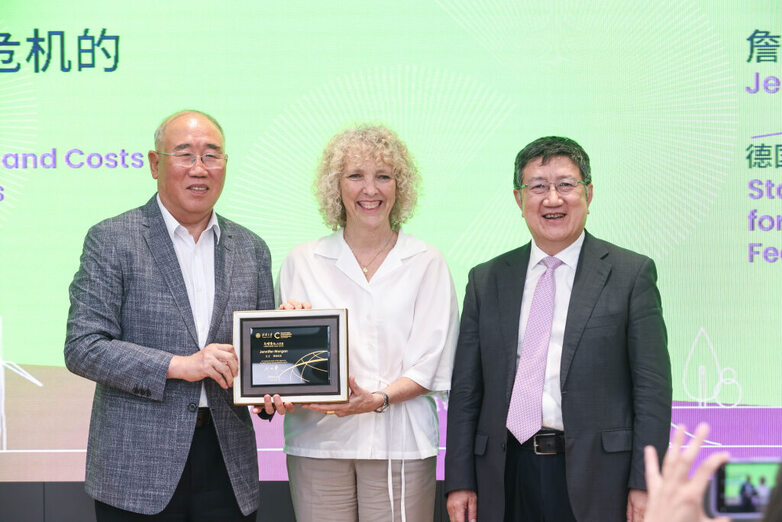Sino-German Cooperation on Climate Policies
Sino-German Cooperation on Climate Change – Climate Partnership
-
Client
German Federal Foreign Office
-
Country
-
Political sponsors
More
-
Runtime
2020 to 2026
-
Products and expertise
Climate, environment, management of natural resources
Context
China emits the most greenhouse gases of any country in the world. As such, its climate protection measures will have enormous ramifications worldwide. However, China still needs stronger institutions and laws to counter climate change.
The country has set itself far-reaching environmental and climate protection goals for 2030. Its carbon dioxide (CO2) emissions will peak before 2030 and it will become carbon neutral before 2060. But implementing these goals poses enormous challenges, among which are uneven geographical distribution of resources and economic power, differences in the degree of development between urban and rural areas and a lack of financial and technical support.
Objective
The Chinese Ministry of Ecology and Environment (MEE) is being supported in designing and implementing effective climate policies so that China can achieve its climate goals for 2030 earlier.
 © GIZ
© GIZApproach
- The project is supporting the political dialogue on climate protection – such as the Working Group on the Environment and Climate Change in which both countries’ environmental ministries regularly interact.
- It is encouraging informal dialogue among experts and is reinforcing cooperation on climate between China, Germany and third countries. It is also helping to secure more funding for climate financing and other green forms of financing.
- In cooperation with universities, the project also organizes Sino-German study camps and a lecture series, the NextGen Climate Dialogues, to provide learning opportunities for future decision-makers.

Last update: March 2025





